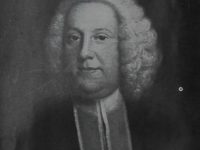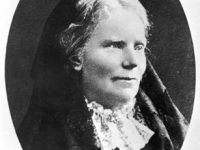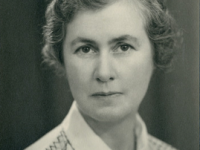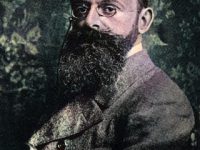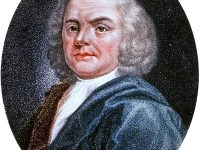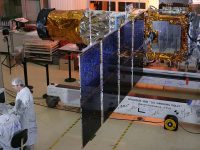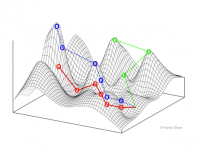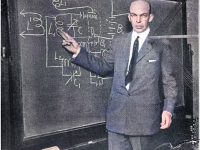Stanley Miller’s Landmark Experiment on the Origin of Life
On March 7, 1930, American chemist Stanley Lloyd Miller was born. Miller made landmark experiments in the origin of life by demonstrating that a wide range of vital organic compounds can be synthesized by fairly simple chemical processes from inorganic substances. In 1952 he carried out the Miller–Urey experiment, which showed that complex organic molecules could be synthesized from inorganic precursors. The experiment was widely reported, and provided support for the idea…
Read more



